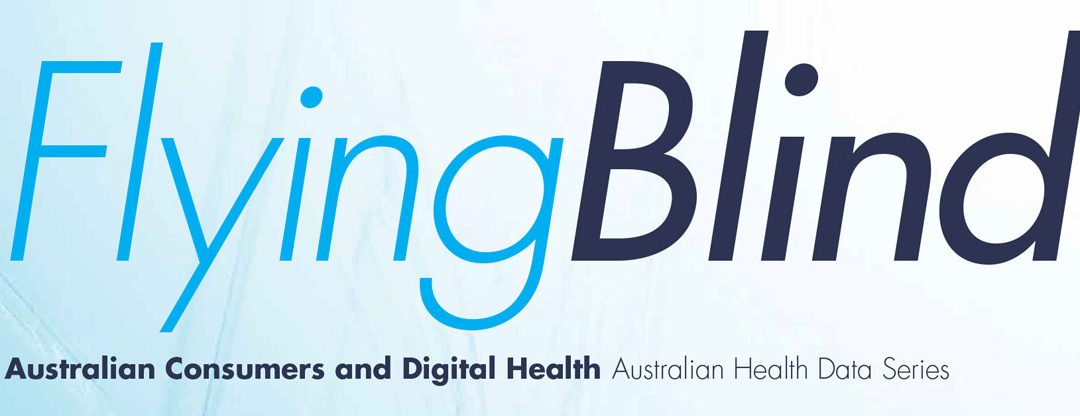
RECOMMENDATION 1
Enable the expanded use of existing datasets to deliver fully informed healthcare to individual consumers.
This requires new approaches that allow for joining up of consumer health data from all points of services including GPs, specialists, private and public hospitals, laboratories, radiology and imaging and pharmacies.
Effectively linked data sets enable healthcare providers to view and digest the full scope of a patient’s health journey. This facilitates care that is timely, better targeted, and properly informed.
Improved data sharing and accessibility will allow consumers to exercise better and more fully informed choice at all stages of their journey.

RECOMMENDATION 2
Enable the expanded use of existing data sets to deliver fully informed healthcare policies.
This requires new approaches that enable wider access to joined-up health data sets stored across AIHW and multiple federal and state government agencies that plan, fund and pay for health services and those that assure quality and safety. Over time this data needs to be enriched with more detailed diagnosis and treatment data from the systems of health services providers.
In addition, this requires a uniform approach to de-identify individual data as well as uniform health information coding schemes across all healthcare services delivery channels, in both private and public sectors. The current legislative environment needs to be reviewed to enable the linkage of health data sets for the same individual regardless of the service delivery setting, jurisdiction and geography.
This will lead to increased cost effectiveness and efficiency in government healthcare spending as well as less wastage throughout the system.

RECOMMENDATION 3
reate an environment that maximizes the longevity of research datasets and their reuse.
Research is the basis is to empower the consumer and inform policy. The current regulatory and funding environment and corresponding infrastructure does not maximize the longevity of research datasets or their reuse after an initial study has been completed. Existing policies on the reuse of research data are restrictive and need to be reviewed.
Subject to ethics and other approvals, de-identified health datasets should be made available at affordable costs for researchers and repurposed for use by other researchers to make the process of data access more efficient and cost-effective.
Allowing researchers to unlock the full potential of datasets will lead to better policy and resource allocation as well as superior healthcare outcomes for consumers.



















